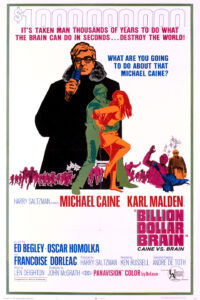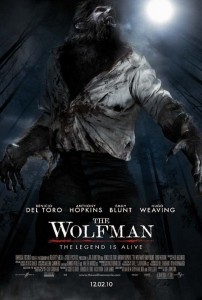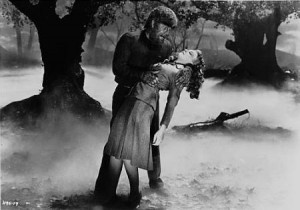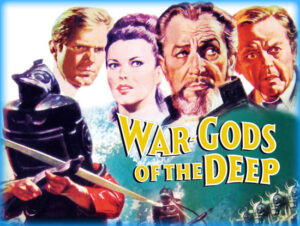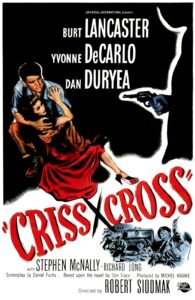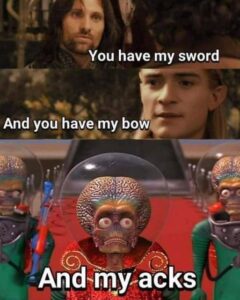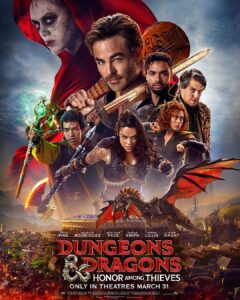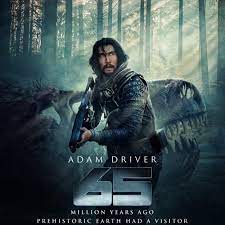Alien is one of the most influential science fiction horror films of all time. A credible argument can be made that Alien killed off the professional explorer style of sf movie, while military and semi-military people crewed spacecraft replacing with the ‘truckers in space.’ Scores of blatant rip-off movie followed in the Alien‘s staggering box office success with cheap direct to video production continuing to this day. Alien’s production design, direction, and cinematography are all presented with a ‘grounded’ realism. A more naturalistic ‘lived in look’ that Star Wars a few years earlier had pioneered in SF cinema.
Yet, in contrast to all this hard edged, grease covered realism Alien also boasts a singular edit that flies in the face of the rest of its choices.
For the most part editors Terry Rawlings and Peter Weatherly employ a simple invisible approach to their craft, never drawing attention to their edits from shot to shot or scene to scene. A style that melds with the film’s ‘grounded’ approach drawing the audience into the screen’s reality. Except for one edit.
When Captain Dallas fatefully goes into the air shafts to hunt the alien in hopes of corralling it into the airlock the unintrusive editing style is maintained until the very end of the sequence. Dallas, fleeing from where he believed the alien to be instead heads directly into the creature, delivering a jump scare that would have made Val Lewton proud, as the creature suddenly reached out for him, and towards us. Then the scene cuts with a very brief shot of a badly tuned CRT screen, like a television switched to a dead channel with an accompanying burst of static.
There is nothing from any of the other characters points of view that supports a sudden cut to a CRT monitor. None could see Dallas as he fled, but instead listened to him and watched him as a phosphor dot on their crude trackers. The choice for that quick startling edit was made entirely for the audience’s point of view and it works.
I have never seen anyone watching this film react with anything other than emersion during this tense, horrific scene. Never has anyone suspension of disbelief ben damaged by that choice. It is a curious and genius bit of editing artistry that a lesser team would have never employed.

